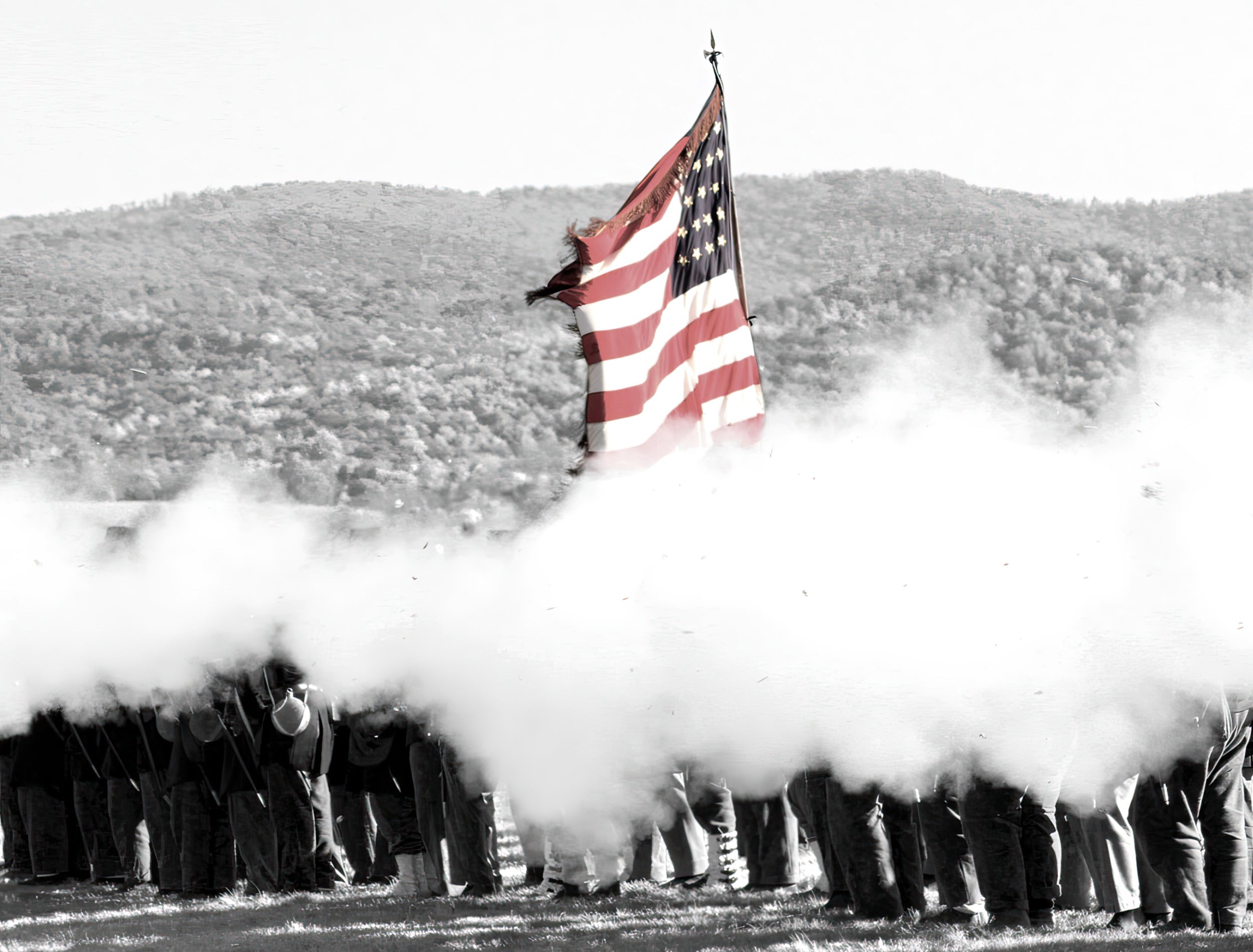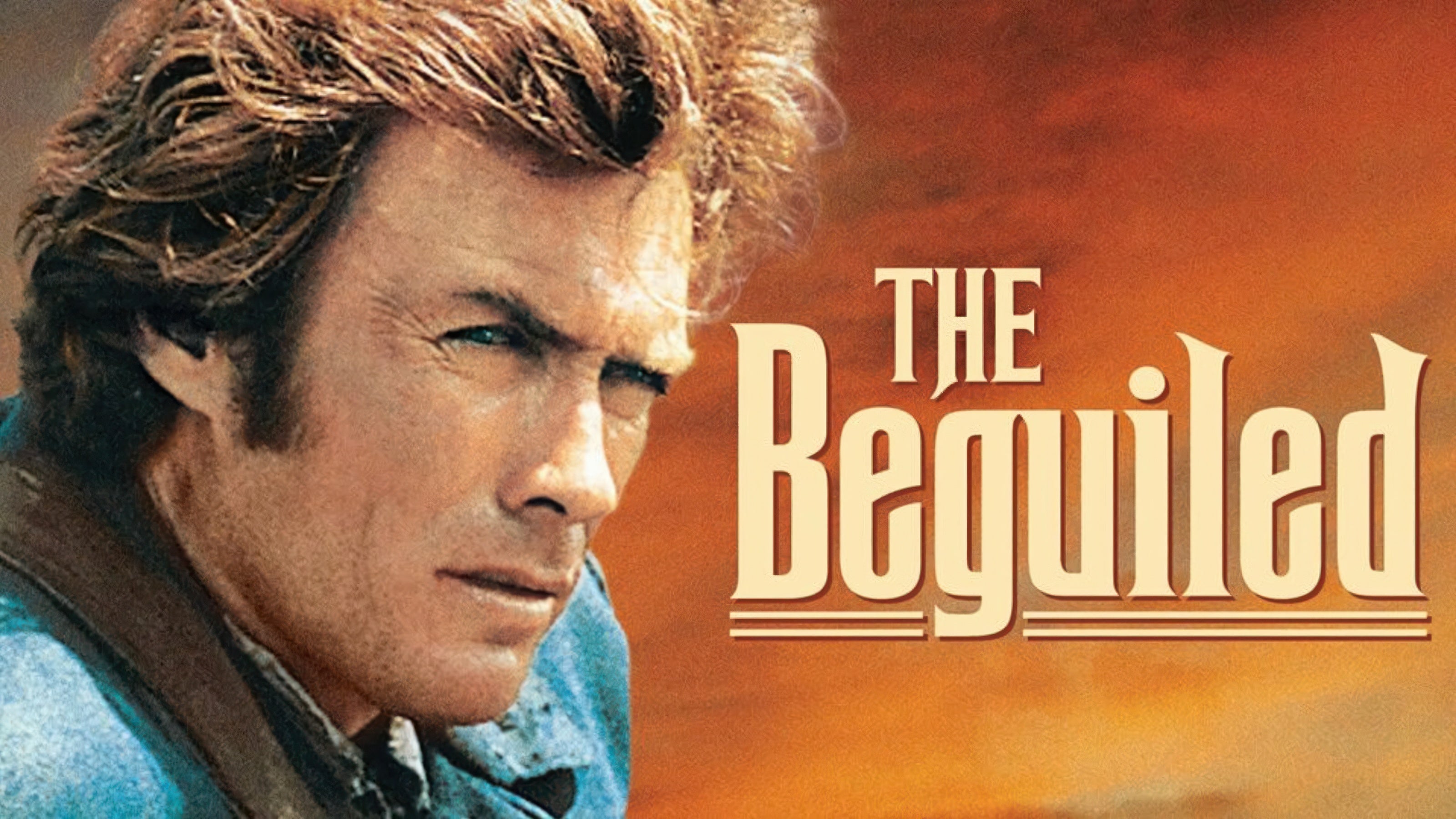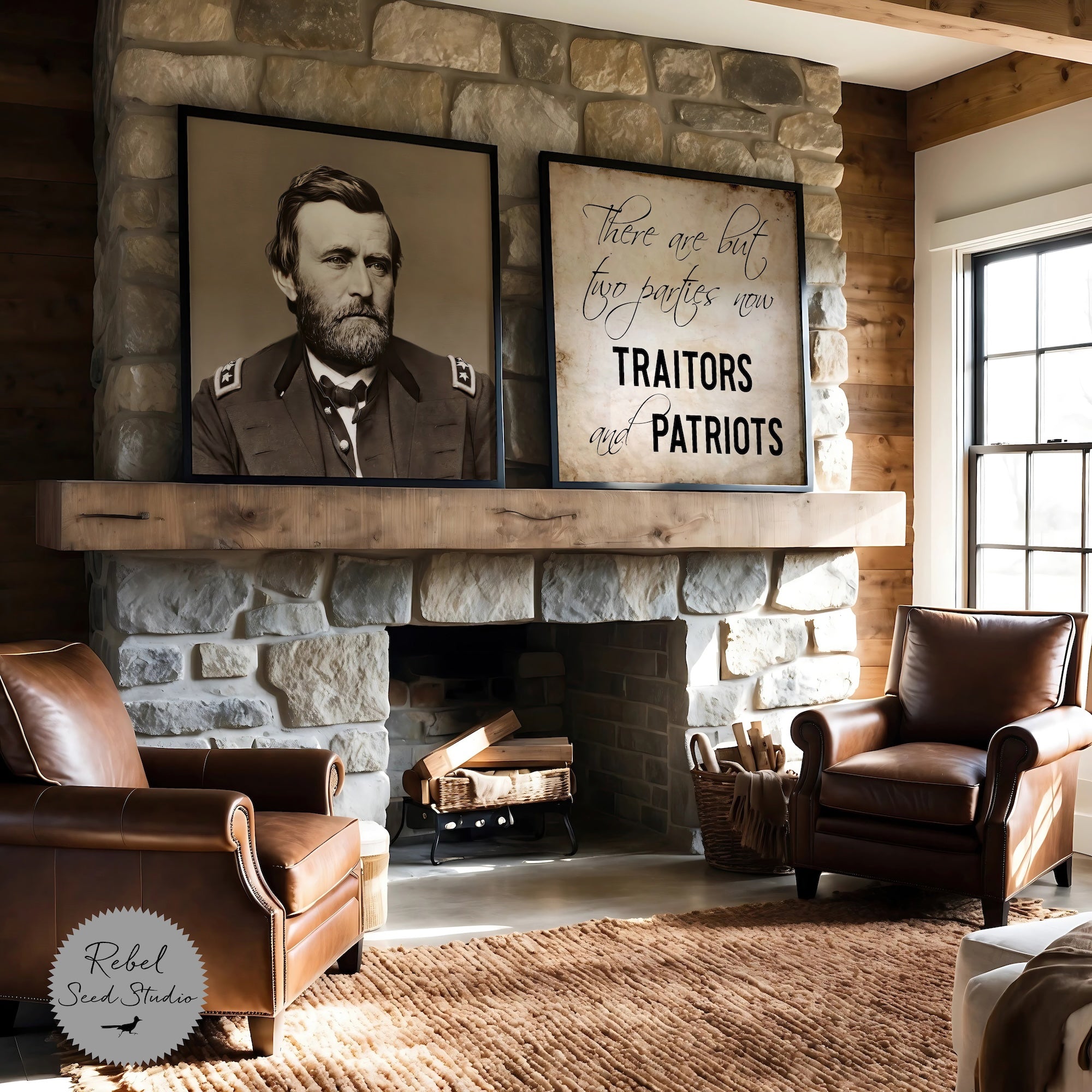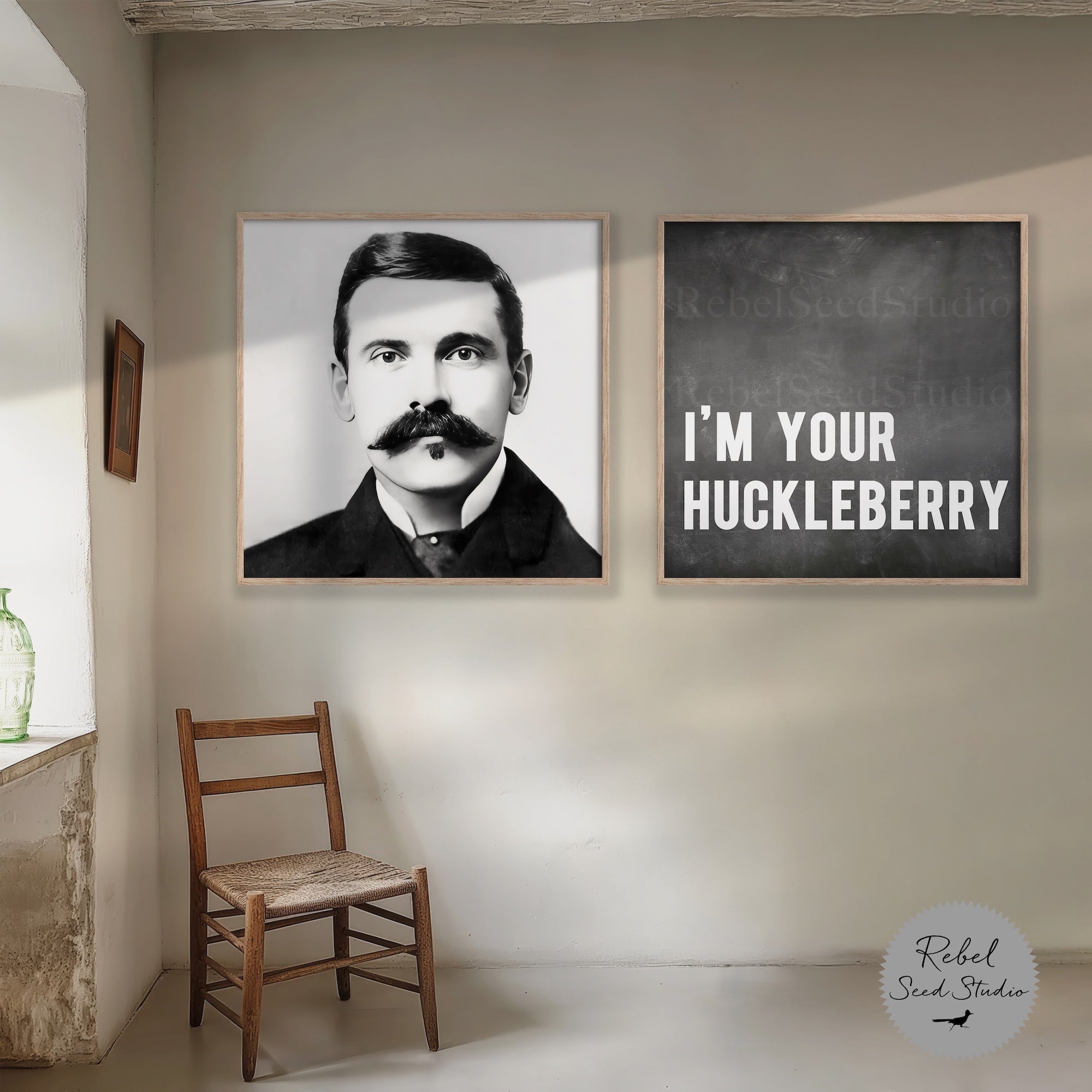
The Flag-Bearer at Antietam (Historical Reprint)
Historical article reprinted from the book "Hero Tales from American History" written by Theodore Roosevelt in 1895.
Mine eyes have seen the glory of the coming of the Lord;
He is trampling out the vintage where the grapes of wrath are stored;
He hath loosed the fateful lightning of His terrible swift sword;
His truth is marching on.
I have seen Him in the watch-fires of a hundred circling camps;
They have builded Him an altar in the evening dews and damps;
I can read his righteous sentence by the dim and flaring lamps;
His day is marching on.
He has sounded forth the trumpet that shall never beat retreat;
He is sifting out the hearts of men before his judgment seat;
Oh! be swift, my soul, to answer him! be jubilant, my feet!
Our God is marching on.
- Julia Ward Howe
In no war since the close of the great Napoleonic struggles has the fighting been so obstinate and bloody as in the Civil War. Much has been said in song and story of the resolute courage of the Guards at Inkerman, of the charge of the Light Brigade, and of the terrible fighting and loss of the German armies at Mars La Tour and Gravelotte. The praise bestowed, upon the British and Germans for their valor, and for the loss that proved their valor, was well deserved; but there were over 120 regiments, Union and Confederate, each of which, in some one battle of the Civil War, suffered a greater loss than any English regiment at Inkerman or at any other battle in the Crimea, a greater loss than was suffered by any German regiment at Gravelotte or at any other battle of the Franco-Prussian war. The loss of the Light Brigade in killed and wounded in its famous charge at Balaklava was but 37%. No European regiment in any recent struggle has suffered such losses as...
Gettysburg
1st Minnesota, 82% of the officers and men were killed and wounded
41st Pennsylvania lost 76%
26th North Carolina lost 72%
The Second Battle of Manassas
101st New York lost 74%
21st Georgia lost 76%
Cold Harbor
25th Massachusetts: lost 70%
Chickamauga
10th Tennessee: 68%
Shiloh
9th Illinois lost 63%
6th Mississippi lost 70%
Antietam
1st Texas lost 82%
These figures show the terrible punishment endured by these regiments, chosen at random from the head of the list which shows the slaughter-roll of the Civil War. Yet the shattered remnants of each regiment preserved their organization, and many of the severest losses were incurred in the hour of triumph, and not of disaster. Thus, the 1st Minnesota, at Gettysburg, suffered its appalling loss while charging a greatly superior force, which it drove before it;
and the little huddle of wounded and unwounded men who survived their victorious charge actually kept both the flag they had captured and the ground from which they had driven their foes.
A number of the Continental regiments under Washington, Greene, and Wayne did valiant fighting and endured heavy punishment. Several of the regiments raised on the northern frontier in 1814 showed, under Brown and Scott, that they were able to meet the best troops of Britain on equal terms in the open, and even to overmatch them in fair fight with the bayonet. The regiments which, in the Mexican War, under the lead of Taylor, captured Monterey, and beat back Santa Anna at Buena Vista, or which, with Scott as commander, stormed Molino Del Rey and Chapultepec, proved their ability to bear terrible loss, to wrest victory from overwhelming numbers, and to carry by open assault positions of formidable strength held by a veteran army. But in none of these three wars was the fighting so resolute and bloody as in the Civil War.
Countless deeds of heroism were performed by Northerner and by Southerner, by officer and by private, in every year of the great struggle. The immense majority of these deeds went unrecorded, and were known to few beyond the immediate participants. Of those that were noticed it would be impossible even to make a dry catalogue in ten book volumes. All that can be done is to choose out two or three acts of heroism, not as exceptions, but as examples of hundreds of others. The times of war are iron times, and bring out all that is best, as well as all that is basest in the human heart. In a full recital of the Civil War, as of every other great conflict, there would stand out in naked relief feats of wonderful daring and self-devotion, and, mixed among them, deeds of cowardice, of treachery, of barbarous brutality. Sadder still, such a recital would show strange contrasts in the careers of individual men, men who at one time acted well and nobly, and at another time ill and basely. The ugly truths must not be blinked, and the lessons they teach should be set forth by every historian, and learned by every statesman and soldier; but, for our good fortune, the lessons best worth learning in the nation's past are lessons of heroism.
From immemorial time the armies of every warlike people have set the highest value upon the standards they bore to battle.
To guard one's own flag against capture is the pride, to capture the flag of one's enemy the ambition, of every valiant soldier.
In consequence, in every war between peoples of good military record, feats of daring performed by color-bearers are honorably common. The Civil War was full of such incidents.
One occurred at Fredericksburg on the day when half the brigades of Meagher and Caldwell lay on the bloody slope leading up to the Confederate entrenchments. Among the assaulting regiments was the 5th New Hampshire, and it lost 186 out of 300 men who made the charge. The survivors fell sullenly back behind a fence, within easy range of the Confederate rifle-pits. Just before reaching it the last of the color guard was shot, and the flag fell in the open. A Captain Perry instantly ran out to rescue it, and as he reached it was shot through the heart; another, Captain Murray, made the same attempt and was also killed; and so was a third, Moore. Several private soldiers met a like fate. They were all killed close to the flag, and their dead bodies fell across one another. Taking advantage of this breastwork, Lieutenant Nettleton crawled from behind the fence to the colors, seized them, and bore back the blood-won trophy.
Another took place at Gaines' Mill, where Gregg's 1st South Carolina formed part of the attacking force. The resistance was desperate, and the fury of the assault unsurpassed. At one point it fell to the lot of this regiment to bear the brunt of carrying a certain strong position. Moving forward at a run, the South Carolinians were swept by a fierce and searching fire. Young James Taylor, a lad of sixteen, was carrying the flag, and was killed after being shot down three times, twice rising and struggling onward with the colors. The third time he fell the flag was seized by George Cotchet, and when he, in turn, fell, by Shubrick Hayne. Hayne was also struck down almost immediately, and the fourth lad, for none of them were over twenty years old, grasped the colors, and fell mortally wounded across the body of his friend. The fifth, Gadsden Holmes, was pierced with no less than seven balls. The sixth man, Dominick Spellman, more fortunate, but not less brave, bore the flag throughout the rest of the battle.
Yet another occurred at Antietam....
The 7th Maine, then under the command of Major T. W. Hyde, was one of the hundreds of regiments that on many hard-fought fields established a reputation for dash and unyielding endurance. Toward the early part of the day at Antietam it merely took its share in the charging and long-range firing, together with the New York and Vermont regiments, which were its immediate neighbors in the line. The fighting was heavy. In one of the charges, the Maine men passed over what had been a Confederate regiment. The gray-clad soldiers were lying, both ranks, privates and officers, as they fell, for so many had been killed or disabled that it seemed as if the whole regiment was prone in death.
Much of the time the Maine men lay on the battlefield, hugging the ground, under a heavy artillery fire, but beyond the reach of ordinary musketry. One of the privates, named Knox, was a wonderful shot, and had received permission to use his own special rifle, a weapon accurately sighted for very long range. While the regiment thus lay under the storm of shot and shell, he asked leave to go to the front; and for an hour afterward his companions heard his rifle crack every few minutes. Major Hyde finally, from curiosity, crept forward to see what he was doing, and found that he had driven every man away from one section of a Confederate battery, tumbling over gunner after gunner as they came forward to fire. One of his victims was a general officer, whose horse he killed. At the end of an hour or so, a piece of shell took off the breech of his pet rifle, and he returned disconsolate; but after a few minutes he gathered three rifles that were left by wounded men, and went back again to his work.

At five o'clock in the afternoon the regiment was suddenly called upon to undertake a hopeless charge, owing to the blunder of the brigade commander, who was a gallant veteran of the Mexican War, but who was also given to drink. Opposite the Union lines at this point were some haystacks near a group of farm buildings. They were right in the center of the Confederate position, and sharpshooters stationed among them were picking off the Union gunners. The brigadier, thinking that they were held by but a few skirmishers, rode to where the 7th Maine was lying on the ground, and said: "Major Hyde, take your regiment and drive the enemy from those trees and buildings."
Hyde saluted, and said that he had seen a large force of rebels go in among the buildings, probably two brigades in all. The brigadier answered, "Are you afraid to go, sir?" and repeated the order emphatically. "Give the order, so the regiment can hear it, and we are ready, sir" said Hyde. This was done, and "Attention" brought every man to his feet. With the regiment were two young boys who carried the marking guidons, and Hyde ordered these to the rear. They pretended to go, but as soon as the regiment charged came along with it. One of them lost his arm, and the other was killed on the field. The colors were carried by the color corporal, Harry Campbell.
Hyde gave the orders to left face and forward, and the Maine men marched out in front of a Vermont regiment which lay beside them. Then, facing to the front, they crossed a sunken road, which was so filled with dead and wounded Confederates that Hyde's horse had to step on them to get over.
Once across, they stopped for a moment in the trampled corn to straighten the line, and then charged toward the right of the barns. On they went at the double-quick, fifteen skirmishers ahead under Lieutenant Butler, Major Hyde on the right on his Virginia thoroughbred, and Adjutant Haskell to the left on a big white horse. The latter was shot down at once, as was his horse, and Hyde rode round in front of the regiment just in time to see a long line of men in gray rise from behind the stone wall of the Hagerstown pike, which was to their right, and pour in a volley, but it mostly went too high. He then ordered his men to left oblique.
Just as they were abreast a hill to the right of the barns, Hyde, being some twenty feet ahead, looked over its top and saw several regiments of Confederates, jammed close together and waiting at the ready, so he gave the order left flank, and, still at the double quick, took his column past the barns and buildings toward an orchard on the hither side, hoping that he could get them back before they were cut off, for they were faced by ten times their number. By going through the orchard he expected to be able to take advantage of a hollow, and partially escape the destructive flank fire on his return.
To hope to keep the barns from which they had driven the sharpshooters was vain, for the single Maine regiment found itself opposed to portions of no less than four Confederate brigades, at least a dozen regiments all told. When the men got to the orchard fence, Sergeant Benson wrenched apart the tall pickets to let through Hyde's horse. While he was doing this, a shot struck his haversack, and the men all laughed at the sight of the flying hardtack.
Going into the orchard there was a rise of ground, and the Confederates fired several volleys at the Maine men, and then charged them. Hyde's horse was twice wounded, but was still able to go on.
No sooner were the men in blue beyond the fence than they got into line and met the Confederates, as they came crowding behind, with a slaughtering fire, and then charged, driving them back. The color corporal was still carrying the colors, though one of his arms had been broken, but when half way through the orchard, Hyde heard him call out as he fell, and turned back to save the colors, if possible.
The apple trees were short and thick, and he could not see much, and the Confederates speedily got between him and his men. Immediately, with the cry of "Rally, boys, to save the Major," back surged the regiment, and a volley at arm's length again destroyed all the foremost of their pursuers, so they rescued both their commander and the flag, which was carried off by Corporal Ring.
Hyde then formed the regiment on the colors, 68 men all told, out of 240 who had begun the charge, and they slowly marched back toward their place in the Union line, while the New Yorkers and Vermonters rose from the ground cheering and waving their hats. Next day, when the Confederates had retired a little from the field, the color corporal, Campbell, was found in the orchard, dead, propped up against a tree, with his half-smoked pipe beside him.
The headstone of a 19-year-old Union Color Sergeant, John Osborn, who died after being wounded at Antietam, reads: "The Flag he held he clung to most. He fell like a soldier, he fell at his post. The stars that gem the azure fold, may cease awhile to shine. But tremble not the arm that holds, the flagstaff is divine." Learn more.



![The Alamo [1960] (Script)](http://www.rebelseedstudio.com/cdn/shop/articles/Script_Library_-_The_Alamo_1960.jpg?v=1736800939&width=3200)






























